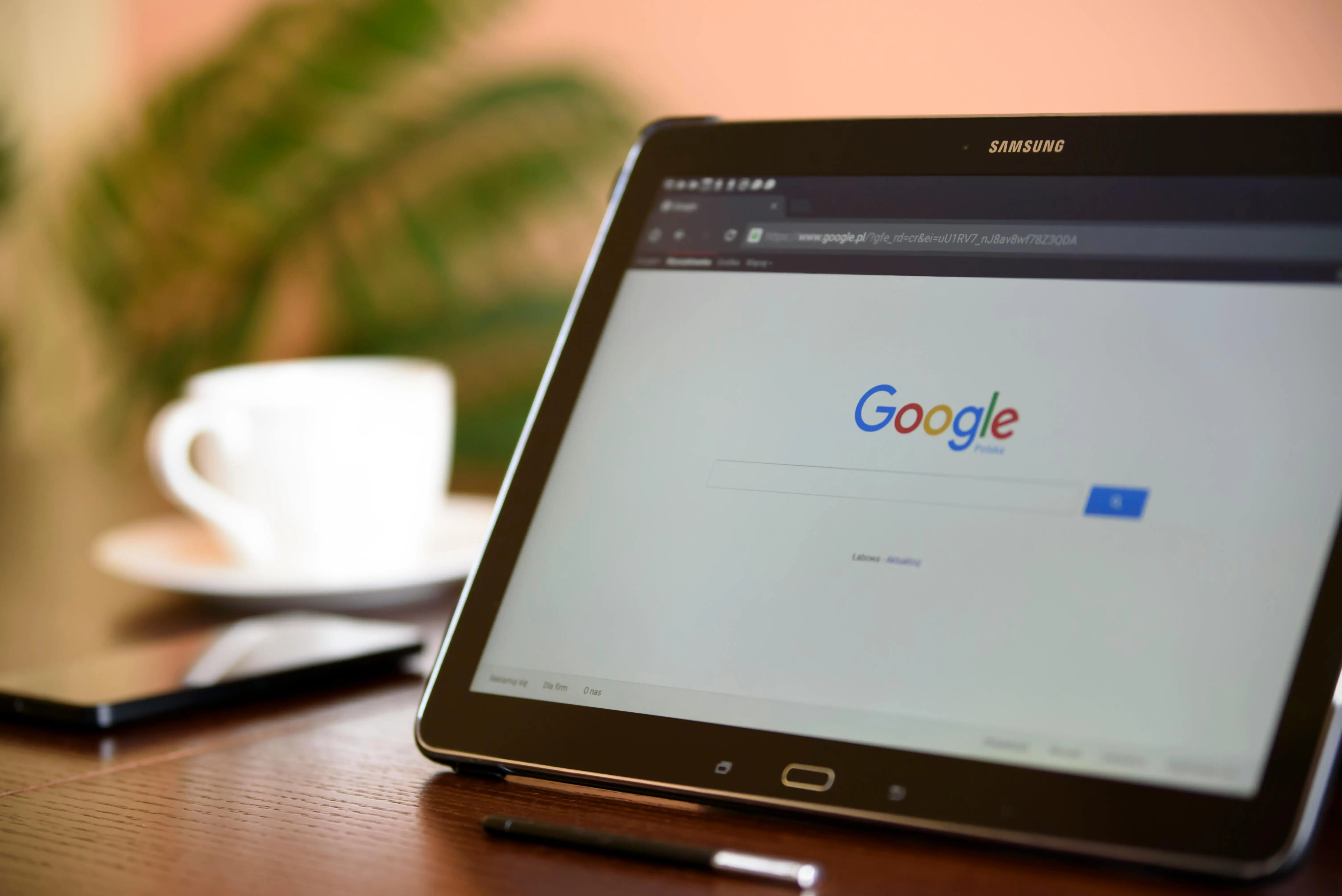
How Is Online Marketing Different From E-marketing?
Zeljko Mancic
2
min read
Marketing can no longer take a one-size-fits-all approach. With the rise of digital media, businesses have more options than ever before regarding their strategies. Online (internet) marketing and the trendy new buzzword — e-marketing — are all the rage in advertising.
But how is online marketing different from e-marketing? Despite sounding vaguely similar and often confused, they are entirely different, and this blog post will explain just how.
Internet Marketing vs. E-marketing
Both internet marketing and e-marketing are essential in modern campaigns, yet each one targets specific aspects needed to achieve remarkable results. Internet marketing primarily uses websites, search engines, email campaigns, and social media to reach its intended audience.
In contrast, e-marketing uses a broader range of online tools and channels. It incorporates the strategies used in internet marketing and mobile marketing, CRM integration, and data analytics for a more well-rounded approach.
So, e-marketing vs. internet marketing — which is the right choice for your business? Consider these nuances and choose the one that resonates with your goals and objectives.
Digital Marketing vs. Internet Marketing
Digital marketing is an all-encompassing term for all advertising done over the internet or digital interface — TV commercials, electronic billboards, and push notifications, to name a few.
Internet marketing techniques involve leveraging the internet as the primary medium of communication with potential customers, whereas digital marketing goes through multiple digital outlets to reach various user personas.
If you’re choosing internet marketing vs. digital marketing to create more leads, know that digital outreach is considered more comprehensive in its approach because of its broader scope.
Difference Between E-marketing and Traditional Marketing
While similar in their ultimate goals, e-marketing and traditional marketing use different methods for reaching and engaging customers. While e-marketing exclusively utilizes online platforms and digital tools for promoting goods and services, traditional marketing relies on tried-and-true advertising strategies (print ads, TV commercials, radio spots, and billboards).
A significant difference between marketing and e-marketing lies in their adaptability. E-marketing is highly flexible, allowing businesses to respond quickly to trends and customer feedback. On the other hand, traditional marketing, although having a broader reach, tends to be less targeted and doesn’t offer many opportunities to measure the effectiveness of a campaign.
Furthermore, traditional marketing generally demands more significant investments than e-marketing, given the higher cost of tangible materials and more difficult production processes.
Ultimately, the choice depends on factors like the intended market, budget, and specific business objectives. The synergy of both advertising methods can also be the key to a successful modern-day campaign.
Importance of E-marketing
In today’s fast-paced digital world, e-marketing has emerged as a crucial tool for businesses to flourish and stay ahead of the competition. This powerful marketing strategy allows organizations to foster stronger relationships with consumers and bolsters brand engagement.
By taking advantage of various channels such as social media, email campaigns, CRM systems, PPC, and SEO, e-marketing enables brands to establish a solid online presence and target prospects with pinpoint precision.
Additionally, e-marketing harnesses the power of data analytics, providing valuable insights into consumer preferences and behavior.
E-marketing offers a more cost-effective solution than conventional marketing, so businesses can reach a wider audience while reducing expenses.
Advantages of Digital Marketing
Now that we know the ins and outs of online marketing vs. digital marketing let’s see why digital marketing runs circles around other forms of advertising.
- Improved communication with customers — Digital marketing fosters a sense of community and dialogue between businesses and their customers, encouraging feedback and creating long-lasting relationships.
- Increased visibility — The incredible array of digital marketing channels allows marketers to make a mark and thrive in the ever-evolving business landscape.
- Lower cost — Compared to traditional forms of advertising, digital marketing is more accessible to small businesses.
- Precise targeting and tracking capabilities — Businesses can target specific audiences based on age, demographics, interests, or online behavior. This allows for a higher conversion rate and more engaged and loyal customers.
- Ability to measure results in real-time — Unprecedented levels of data are significant advantages of digital marketing because marketers gain valuable insights into their target audiences to make more informed decisions. They can track the effectiveness of their campaigns and measure Return on Investment (ROI), making adjustments as needed.
- More interactive content — It’s clear that traditional marketing methods are no longer as effective as they once were. Interactive content offers a personalized experience for users and facilitates active participation.
- Higher ROI — Digital marketing is more cost effective than traditional advertising and delivers better results.
Final Thoughts
So how is online marketing different from e-marketing? And how does it differ from digital and traditional campaigns? If the answers aren’t already clear, let’s recap.
Digital marketing includes every advertisement done through digital channels — from computers to text messages — and, as such, covers online and e-marketing.
Marketing through digital channels allows brands to penetrate worldwide customer bases for a fraction of the cost of traditional advertising. Add to that the unparalleled analytics capabilities, convenience, efficiency, and scalability, and you’ll get a winning recipe to elevate your business from good to great.
LATEST posts



.svg)